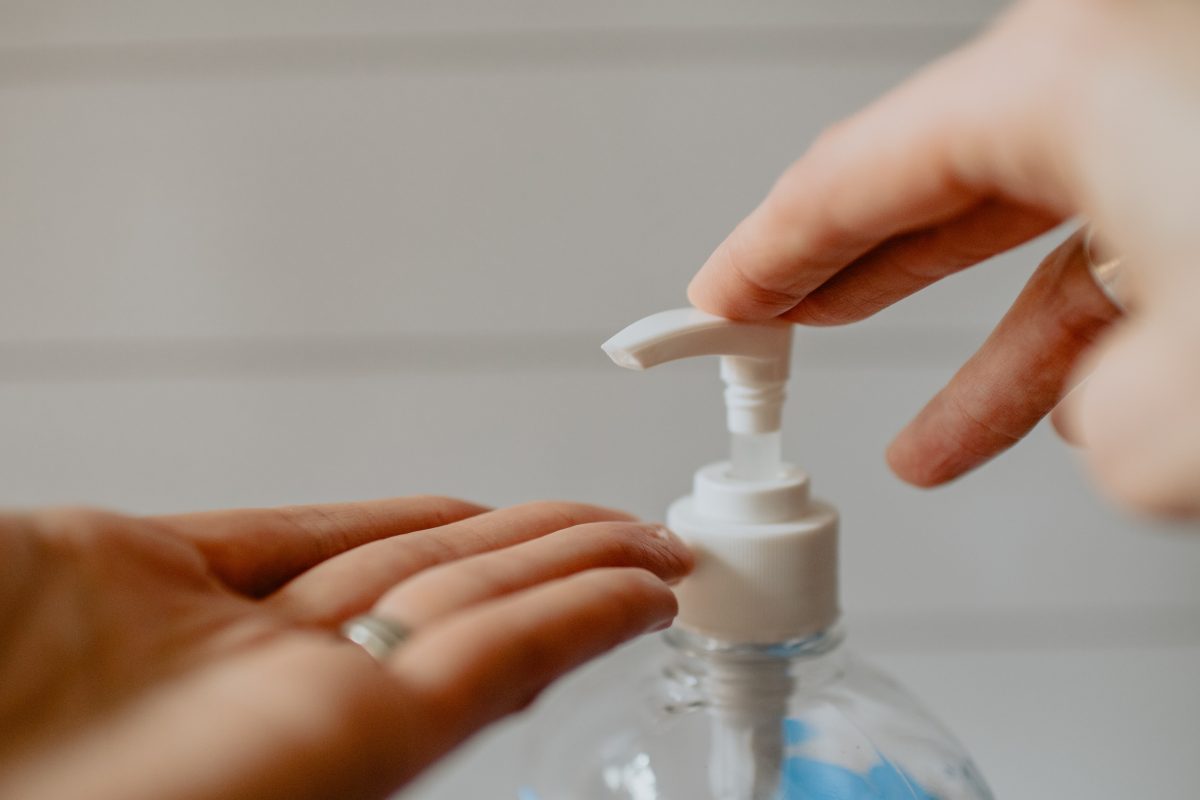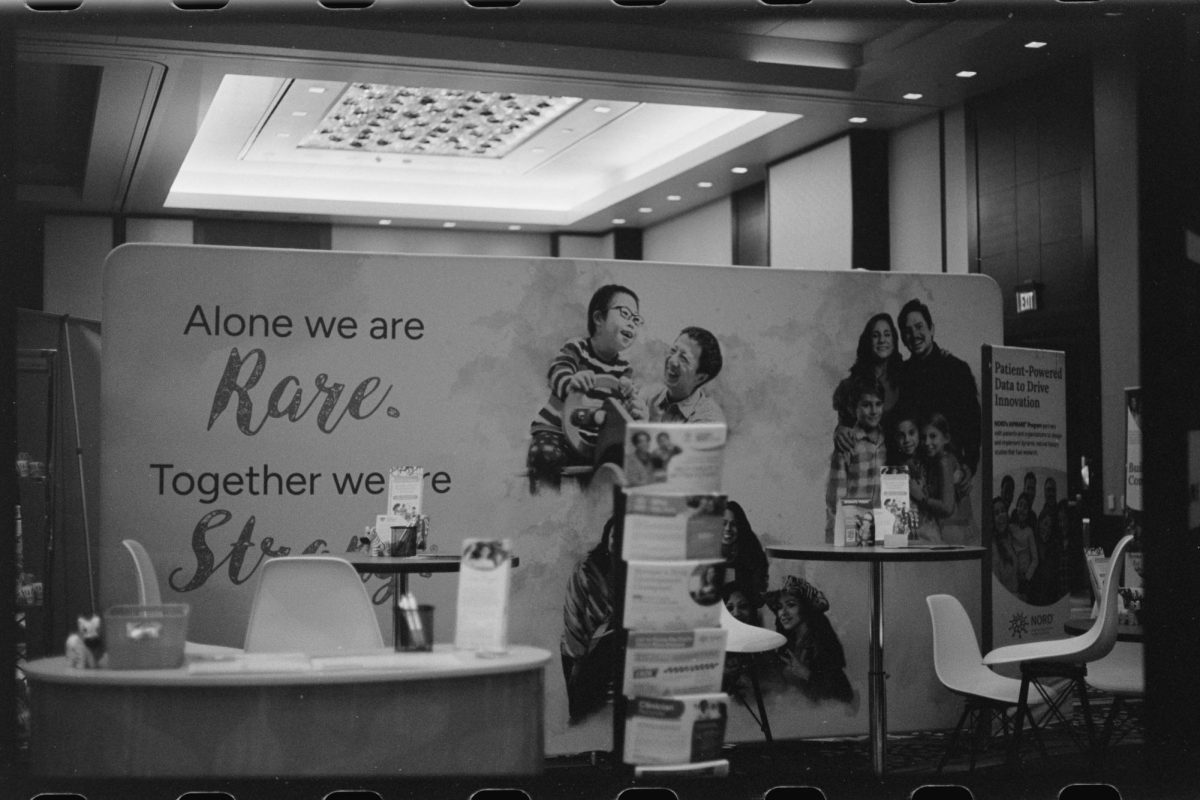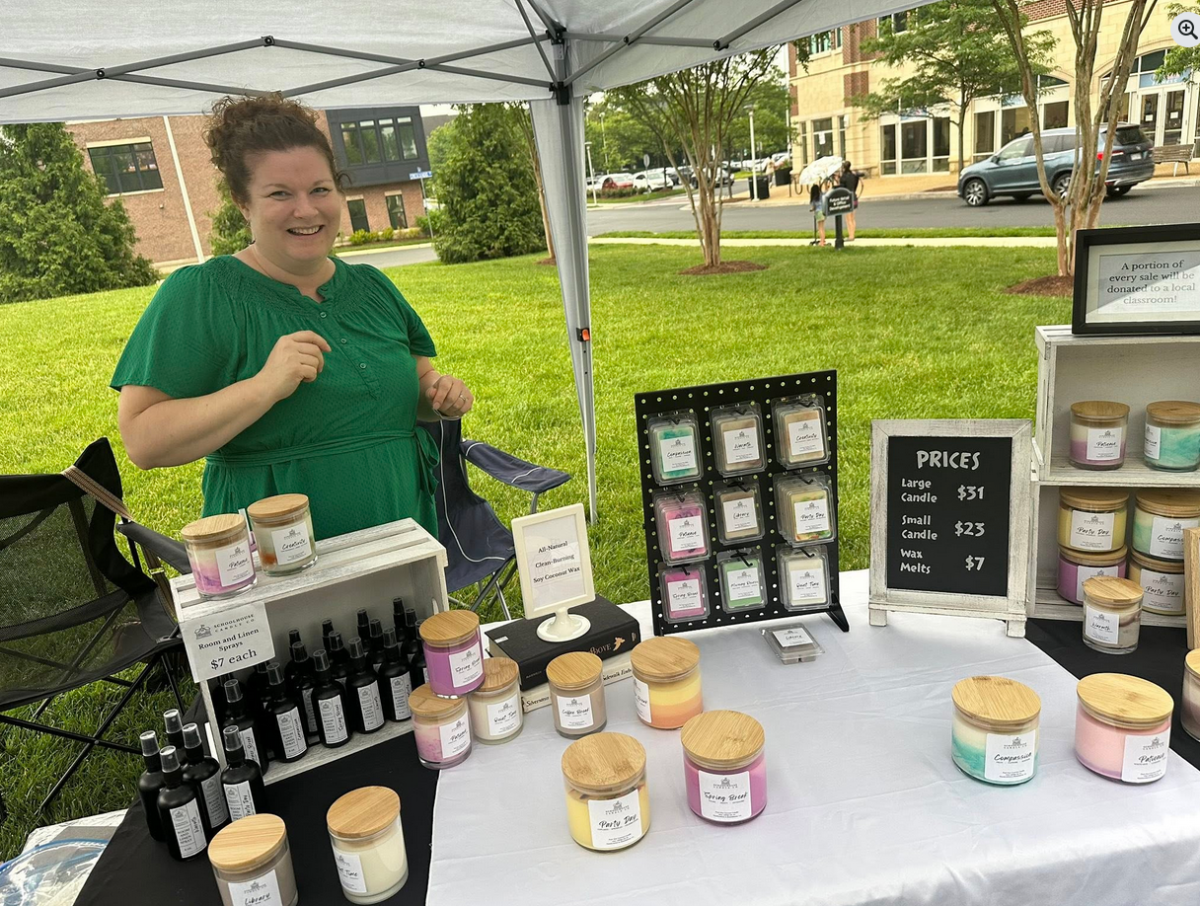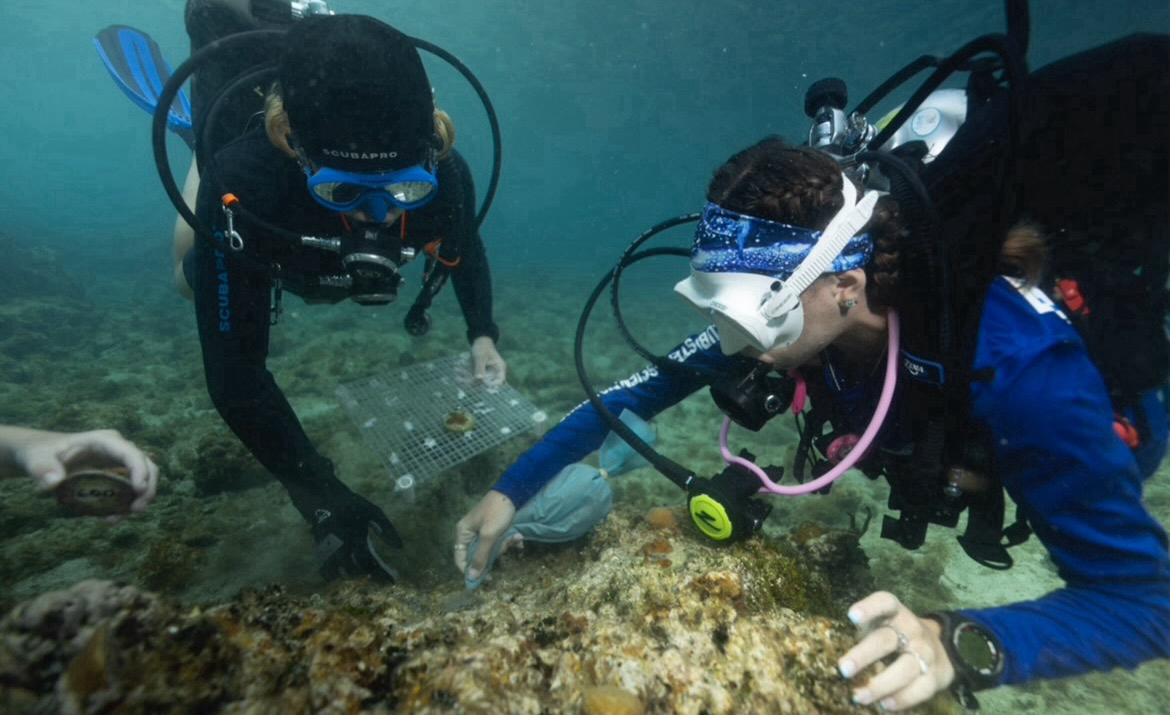Since the start of the pandemic, sanitation products have provided a barrier against the coronavirus for countless people around the world. As in-person activities increase close contact with other people in different environments, sanitation products have become more of an essential part of everyone’s lives. Due to this necessity, some people may wonder: how safe are they?
Among highly demanded sanitation products, some of the most regularly used products include hand sanitizers, disinfection wipes, and disinfectant sprays. According to the American Cleaning Institute’s 2021 National Cleaning Survey, the use of hand sanitizer increased from 59% in the beginning of the pandemic, to 72% in September of 2020. Similar trends were seen with disinfectant wipes, spray disinfectants, toilet/bathroom cleaners, and bleach.
Jungsil Lee is a mom of a middle-school student in California and spends most of her time at home with her family. She says that she used to worry about using sanitation products because of the chemicals they contain. However, the pandemic has forced her to change her approach. “My worry about the virus is much bigger, so I forget about the other side effects, and I rather trust on these products,” she said, “these days I just focus more about getting rid of the virus and germs.”
Sanitation products are important necessities in the midst of a pandemic because they include chemicals that effectively kill viruses and germs. However, those potent chemicals do not only affect dangerous viruses, and may be harmful to humans.
Hand sanitizer, a regularly utilized sanitation product, can have surprisingly hazardous effects if misused or overused. Since the pandemic, the Centers for Disease Control and Prevention (CDC) recommends that people use alcohol-based hand sanitizers that include at least 60% alcohol. The alcohol inside sanitizers is different from the alcohol found in alcoholic beverages, and can break the cell wall of a skin cell in order to kill germs and viruses. As a result, hand sanitizers often cause skin to become dry and damaged, creating a greater possibility of being vulnerable to germs. Dr. Yunju Jung Kim has a doctorate in chemical engineering and works as a patent examiner at the United States Patent and Trademark Office (USPTO). In an interview, she said, “Dryness is a very key way the germ can attack us and our skin. I know the reason why we use hand sanitizer is to kill the germs once germs are put on our hands, but it’s also a way to keep being easily attacked by germs.”
Although the average person would not experience any severe skin issues from hand sanitizers, Dr. Kim states that it is possible for individuals with very sensitive skin to experience permanent damage. In addition, it is highly dangerous if hand sanitizer comes in contact with the eye. Alcohol can cause chemical burns on the outer layer of the eye, called the cornea, leading to symptoms such as redness, stinging or burning pain, swelling, blurry vision, and even blindness.
Due to the hazards of sanitation products, household disinfectant poisonings have skyrocketed along with their increased use. In April of 2020, accidental household disinfectant poisonings increased by 121% compared to the previous year. A report by the CDC shows that the age group most impacted by household disinfectant and cleaner poisoning are children under five years old, who made up 35.7% of poisonings by cleaners and nearly half of disinfectant poisonings in 2020. Potent sanitation products can be life-threatening if used internally, so it is crucial that they are used appropriately, especially with children.
Because of these hazards, Dr. Kim emphasizes that washing hands with soap and water is the best choice to get rid of germs. “Soap has a chemical ingredient called surfactant that detaches germs from the skin,” she said, “It isn’t harmful to us, and we can wash the germs all the way.”
Yet, it is nearly impossible to abstain completely from using sanitation products these days. “In the pandemic, we don’t have any option…we have to choose this option: right away kill the germ. That’s why we are using it,” Dr. Kim said. When using hand sanitizer, Dr. Kim explains that people should not rub their eyes or lick their fingers before the alcohol completely dries out. Once the hand is dry, it’s good to apply hand lotion in order to prevent hands from becoming dry.
Photo by Kelly Sikkema on Unsplash








